When an author puts his sanity on the line
By Yang Yang ( China Daily ) Updated: 2016-01-20 07:45:42
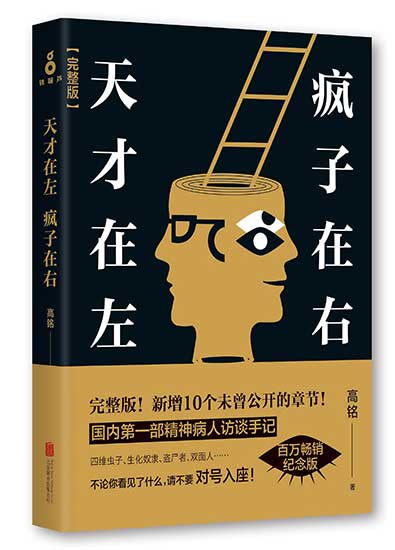 |
|
Tiancai Zai Zuo, Fengzi Zai You (Half Genius, Half Lunatic) by Gao Ming.[Photo provided to China Daily] |
Do rocks have life and intelligence? Do we live in two worlds - one when we dream and another when we wake up? Do we really exist or are we just characters in a novel?
In his best-selling book Tiancai Zai Zuo, Fengzi Zai You (Half Genius, Half Lunatic), Gao Ming interviews psychotics and other "unusual" people to find different perspectives to understand the world.
"After I read these stories, I dared not sleep, because I was afraid that once I fell asleep I would enter another world," says John Lin, 32, a Hong Kong-based journalist.
The blurb on the first edition of the book reads: "Don't see yourself as a character in the dialogues. But when one wakes up from a vivid dream, he or she might be confused about which world is the real one, just like the plot in the Hollywood movie Inception."
One may feel "maybe I am also abnormal", but "why should we be normal?" 41-year-old Gao asks, and "what on Earth is normal, and what is abnormal - there is no clear demarcation line".
In January, the second edition of the book comes out. Ten stories have been added to the original 40, making his project complete, he says.
In 2003, Gao was a manager with a video-production company. He knew a psychiatrist and during dinners with her, her friends and colleagues, he heard a lot of interesting stories, which inspired him.
"I was curious. I wanted to meet them, talk to them, understand how they looked at the world," he says.
One of the psychiatrists then introduced him to a patient after seeking permission from the guardians.
"I was so nervous. I could barely speak clearly, and stuttered all the time. It was cold but I sweated heavily, soaking my thermal underwear. I just gave up," he says of the meeting.
Gao then forgot about the project until his psychiatrist friend asked him whether he wanted to meet another patient.
"On the night before I went to meet the other patient, I was thinking about one thing: Communication fails typically not because of the other side, but because we in many cases already have a prejudice about the other side."
When he met the patient, Gao's first response was to ask him how he was, just as he would greet others in the street.
"Many people would say' You know I am ...' They knew they were not normal and usually smiled a little bit when they said that, which made me sad," he says.
|
|
|
|
|
|
|
|
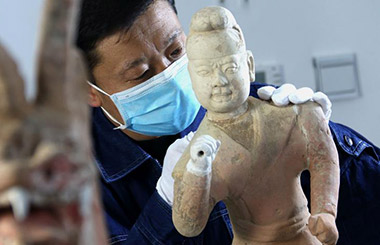



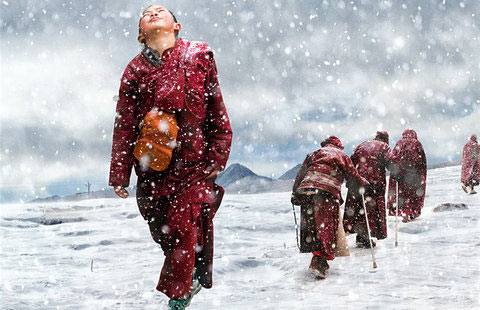


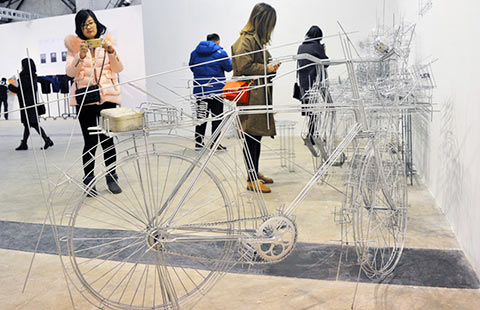














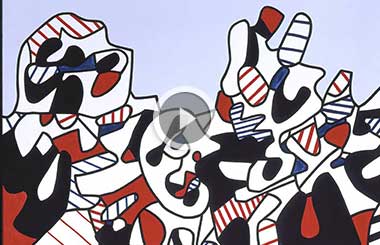
 Raymond Zhou:
Raymond Zhou: Pauline D Loh:
Pauline D Loh: Hot Pot
Hot Pot Eco China
Eco China China Dream
China Dream China Face
China Face





